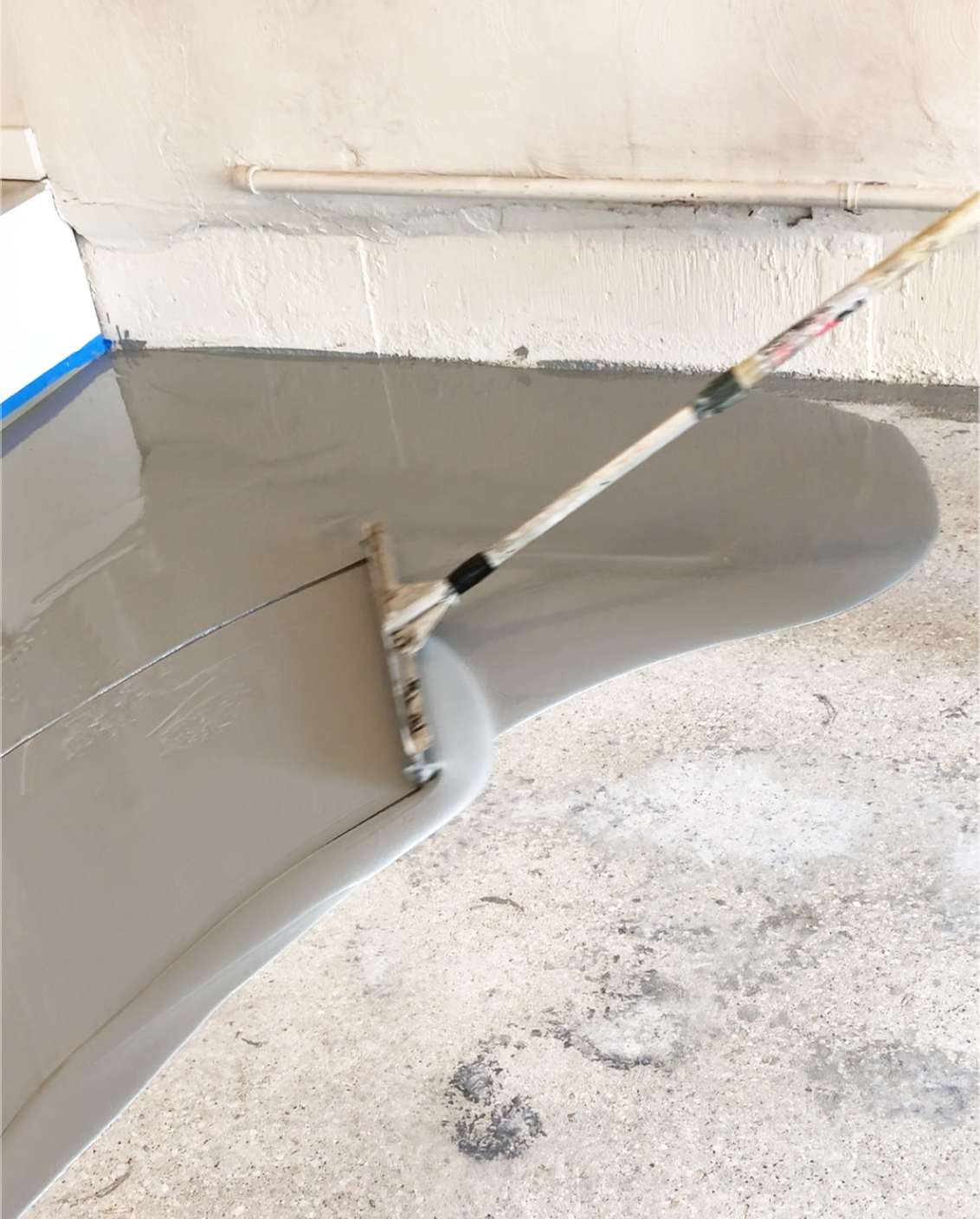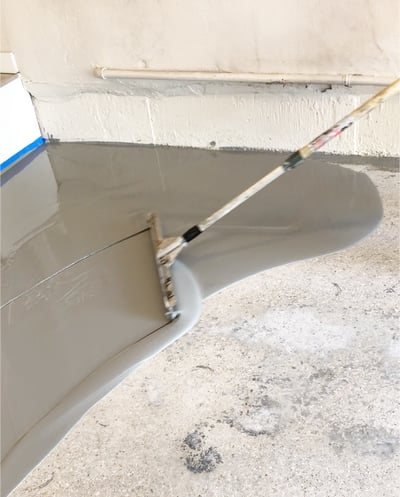
Polyurethane Concrete is a highly durable, seamless resinous flooring systems that is designed for heavy-duty applications. It combines 2-part polyurethane technology with portland cement, aggregates and other additives to create a highly functional resinous matrix. These systems are commonly used in all types of industrial applications and can be modified to varying thicknesses, textures and cure schedules to meet the needs of a particular application.

Protecting Against Thermal Shock
Polyurethane concrete offers exceptional long-term resistance to thermal shock. The chemical and physical nature of this material is not only highly durable, but also superior at dispersing sudden changes in surface temperature. Available in thicknesses ranging from 1/8” to multiple inches, polyurethane concrete will absorb thermal shock and retain its integrity through daily hot water and steam cleaning. These heavy-duty systems are suitable for the most aggressive environments and are ideal for food & beverage applications.
Installation of Polyurethane Concrete
Polyurethane Concrete can be installed directly over existing concrete and structurally sound quarry tile. It should only be installed by an experienced, manufacturer–approved professional resinous flooring contractor. After profiling the existing floor and removing any loose debris, polyurethane concrete will be applied in multiple layers depending on the specification chosen for the environment. The installation may incorporate urethane or polyaspartic top-coats depending on the specification.
Seamless, Chemical Resistant Finish
To help ensure long-term performance, it is critical that any modern food & beverage flooring system be chemical resistant and free of any voids or pockets that may promote bacterial growth. Polyurethane concrete systems provide for a completely seamless system that is resistant to attack from lactic acid, oleic acid and bacteria. It is also resistant to other caustic chemical chemicals common to food & beverage settings.
Effective Drainage & Slip Resistance
To help prevent the pooling of water and the promotion of an unsafe environment, polyurethane concrete can be
sloped to drains or other termination points to help ease maintenance. These applications can also be modified to
include the appropriate level of texture needed for high-traffic areas.
Installation of Polyurethane Concrete
Polyurethane Concrete can be installed directly over existing concrete and structurally sound quarry tile. It should only be installed by an experienced, manufacturer–approved professional resinous flooring contractor. After profiling the existing floor and removing any loose debris, polyurethane concrete will be applied in multiple layers depending on the specification chosen for the environment. The installation may incorporate urethane or polyaspartic top-coats depending on the specification.
To get a more comprehensive understanding of food and beverage flooring download Resinwerks' free guide. We cover design considerations, curtailing bacteria growth, thermal shock implications, maintenance and long-term durability, and about polyurethane concrete in it. Download this valuable resource today.


